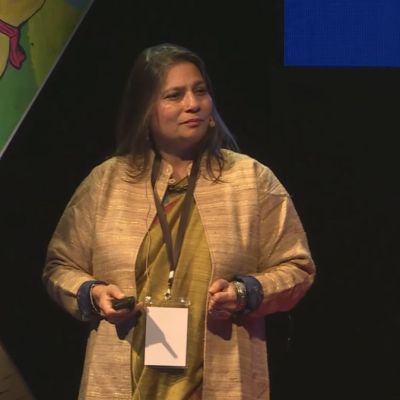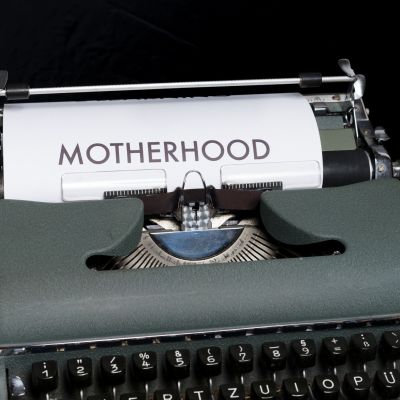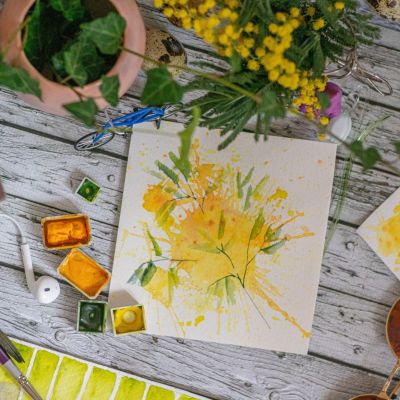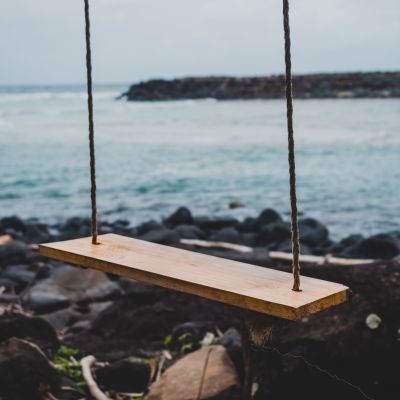Narratives and Sexuality
If the workplace looked anything like our world, it would have 50% men and 50% women, 7% would have a college degree, 55% would have access to the internet, and only 70% would have access to a smartphone.
पल्लवी की सामाजिक (कदाचित) विषमलैंगिक और छिपी हुई लेस्बियन पहचान का यह मिलन, ध्रुवीता से बचने की भरतीय विशेषता की ओर इशारा करता है, जहां एक नई सामाजिक व्यवस्था के अंतर्गत दोनों पहचानों को जगह दी जाती है।
विभिन्न स्थानों पर लड़कियों की उपस्थिति, उनका अनेक मुद्दों पर चर्चा करना, दोस्तों के साथ मसलों पर बातचीत करना और किसी भी कारण के लिए एकत्रित होना स्वयं ही समाज में मानदंड को चुनौती देता है और उनकी सुरक्षा, गतिशीलता और यौनिकता को बढ़ावा देता है।
This reconciliation between Pallavi’s public (seemingly) heterosexual and closeted lesbian identities points to a distinctly Indian way of avoiding polarities through a new social arrangement where both identities are allowed the space to flourish.
Looking back, it seems strange, almost sad that he couldn’t contain his anxiety, couldn’t bear the shame of what he did wrong. He must have skimmed over so much turmoil, that he couldn’t accept the reality of harming someone.
They’ punch him
with the pejorative
‘sissy’
and blame him for his smooth skin
and pink lips
for all ‘their’
disoriented gazes.
I see people and places,
Couples and crushes
I hear giggles and whispers.
These are the secrets untold to me.
Khusro to Bullah. Ada to Parveen
यह, वह, वो
He, she, they
Lover or Beloved? Woman or Man?
Drag is more than a form of entertainment or art form or a form of comedic release, it’s the realization of the fun of being queer or having a queer perspective.
There are different narratives where lie hidden worlds of codified feelings, justifications, a reason to buy or not buy into injustice, or othering.
हमें ख़ुद को यह याद दिलाना ज़रूरी है कि हराम और आएब को पितृसत्ता की वैश्विक प्रकोप से बढ़ावा मिलता है। वे एक ऐसी क़ैदी संस्था, बाध्यकारी बुनियादी ढाँचे और प्रतिबंधक प्रणाली का हिस्सा हैं जो अपनी प्रजा की स्वतंत्र पहचान और खुली अभिव्यक्ति को नियंत्रण मैं रखते हुए अपनी व्यापकता को बनाए रखता है।
The idealisation of motherhood is crucial to our culture; it is important that the mother is self-sacrificing. This sacrificial instinct isn’t limited to women’s behaviour. It goes on to encompass the entirety of her corporeality and the way she performs it.
I realise that a lot of men want (and need) to dominate women not because it is mutually pleasurable but because it reinforces patriarchal hierarchies. The taboo around kink, as a larger space of exploration, and BDSM, as a part of it, only furthers the violence, intensifying the apparent mystery of these subjects.
This awareness of the status ascribed to women – the status of being the objects of men’s desires – affects every aspect of a woman’s life. Desire then, in particular, becomes an aspect of a woman’s life where navigation becomes tricky.















